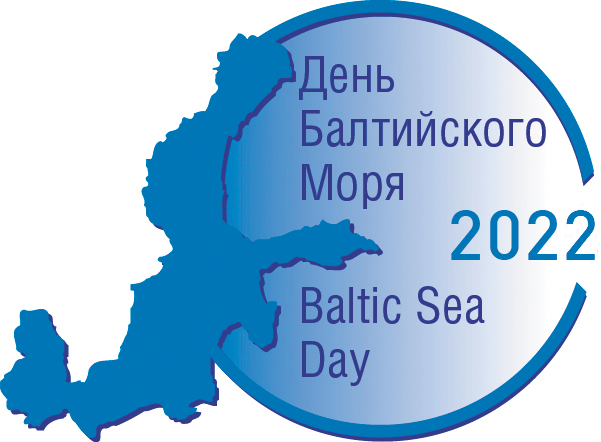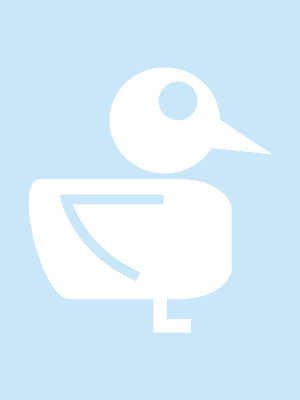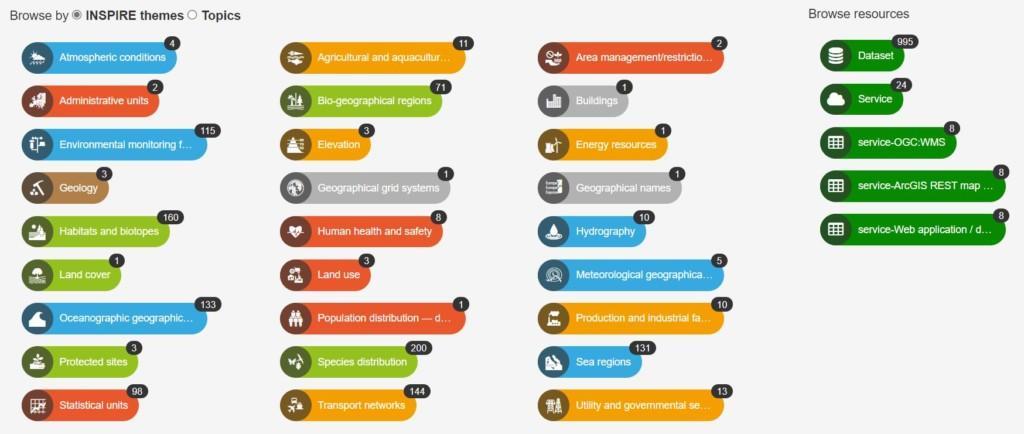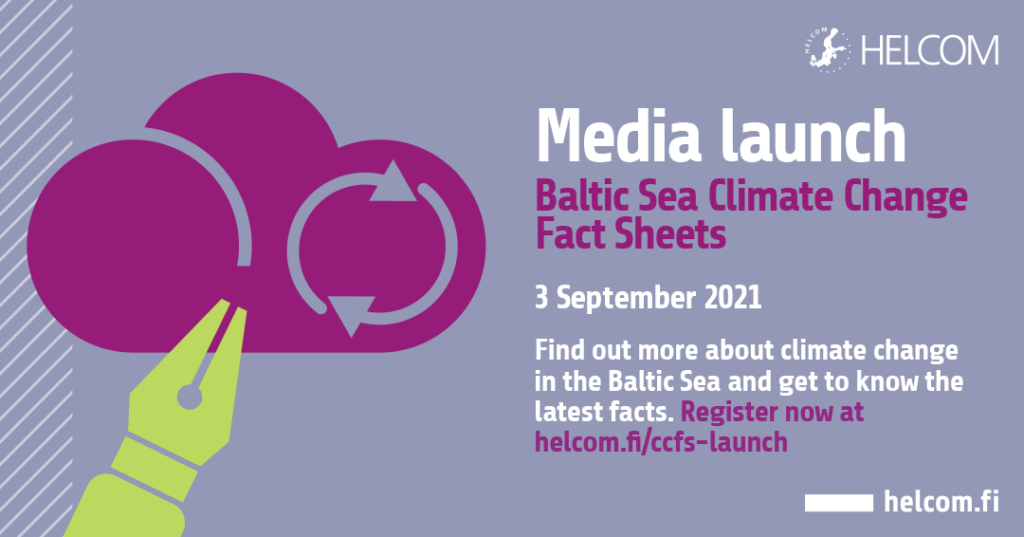Charting a way forward for a healthy Baltic Sea, HELCOM has adopted the updated Baltic Sea Action Plan (BSAP) during the HELCOM Ministerial Meeting 2021 that was held in Lübeck, Germany, on 20 October 2021.
“This is a good day for the Baltic Sea and its marine environment,” says Rüdiger Strempel, the Executive Secretary of HELCOM, a regional sea organisation to which all Baltic Sea countries and the EU are a party of. “With the updated Baltic Sea Action Plan, we now have a clear-cut roadmap for improving the ecological state of our sea over the next ten years.”
Despite significant progress in the past decades, the Baltic Sea remains heavily polluted and affected by human pressures. The most pressing of these remains eutrophication, the excessive concentration of nutrients in the sea and main cause of harmful algal blooms, leading to the depletion of oxygen in deep waters and upsetting marine biodiversity.
Addressing biodiversity, eutrophication, hazardous substances, and sea-based activities such as shipping and fisheries, the updated HELCOM Baltic Sea Action Plan contains about 200 concrete actions that were developed to tackle the pressures the Baltic is facing today.
In addition, the plan now also addresses climate change, marine litter, pharmaceuticals, underwater noise, and seabed disturbance. “The update has also allowed us to include emerging and previously insufficiently addressed pressures,” Strempel notes.
The updated BSAP is also closely aligned with international and regional ecological objectives such as the UN Sustainable Development Goals (SDGs), the targets of the Convention on Biological Diversity (CBD), or, for those of our Contracting Parties that are also EU members, the EU’s Marine Strategy Framework Directive (MSFD).
All actions of the updated BSAP are to be implemented by 2030 at the latest. “A successful completion of the BSAP is a prerequisite for attaining the overall objective of a healthy Baltic Sea,” emphasizes Strempel.
Initially launched in 2007, the plan was revised when it became clear that the goal of “good environmental status” – a clean, healthy and productive Baltic Sea unaffected by pollution and other human pressures – would not be attained by 2021, as revealed by HELCOM’s latest assessment of the Baltic Sea.
“The BSAP has nonetheless delivered, and it remains one of the most effective tools at our disposal for achieving our environmental objectives,” says Strempel, adding that the original plan has contributed to reducing inputs of nutrients and hazardous substances. It has also led to a better protection of the Baltic Sea’s biodiversity, and to cleaner and safer shipping practices. “That is why the HELCOM Contracting Parties decided to build on and update the plan.”
Initiated in 2017, the update took about four years to complete, involving hundreds of national policy makers, experts and researchers from all Baltic Sea countries and the EU working under the umbrella of HELCOM in its various bodies. Stakeholders from civil society, NGOs, industry and the business sector were also closely involved in the update.
“The BSAP is not just an environmental success, but also a political one, demonstrating once again our capability for regional and cross-sectoral cooperation in the Baltic Sea area,” says Strempel, further stressing that the adoption of the plan was a major achievement also because it took place against the special challenges posed by the COVID-19 pandemic.
The updated Baltic Sea Action Plan is publicly available on HELCOM’s website.






